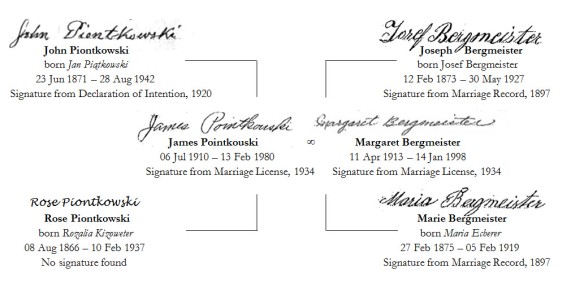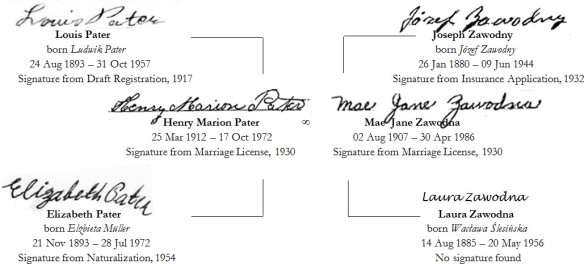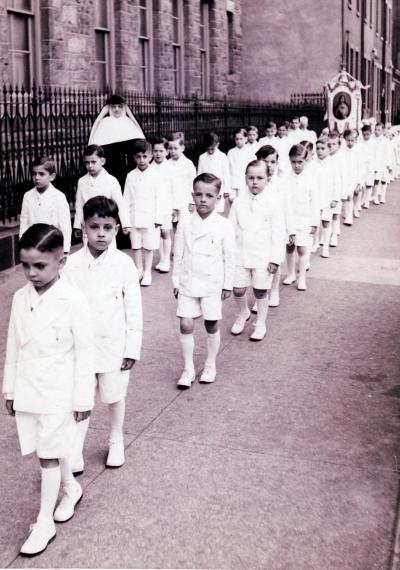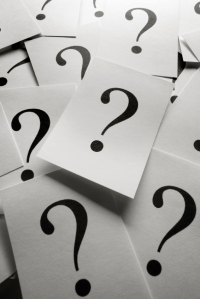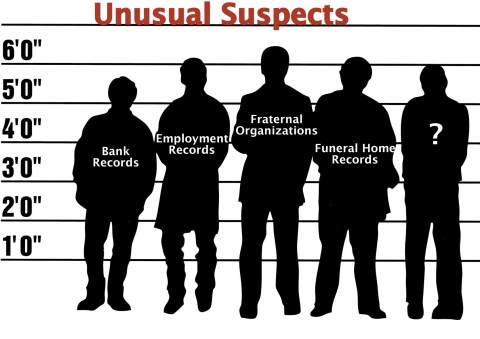 Continuing the Family History Through the Alphabet series… U is for Unusual Resources! I already devoted a whole post to my Uncles, so in looking for a “U” term I decided to take a look at some of the more unusual resources that are available for genealogical research. The “usual suspects” include birth, marriage, and death records, quickly followed by records related to the census, immigration and naturalization, or the military. But sometimes fantastic genealogical information hides in the most unusual places…here are some of my favorite unusual resources:
Continuing the Family History Through the Alphabet series… U is for Unusual Resources! I already devoted a whole post to my Uncles, so in looking for a “U” term I decided to take a look at some of the more unusual resources that are available for genealogical research. The “usual suspects” include birth, marriage, and death records, quickly followed by records related to the census, immigration and naturalization, or the military. But sometimes fantastic genealogical information hides in the most unusual places…here are some of my favorite unusual resources:
Bank records – Ancestry.com has an interesting collection of immigrant bank records. Sometimes immigrants would open an account at a bank specifically for the amount of money needed for relatives to immigrate to this country. These can serve as an alternate resource for finding immigration records. They also may provide clues to the name or address of other relatives.
Fraternal organizations – Many immigrants belonged to fraternal organizations, and some of these provided things like insurance policies – which, if available, are an alternate source for death records. I found my great-grandfather’s life insurance policy through the Polish Roman Catholic Union of America (PRCUA) on the Polish Genealogical Society of America’s (PGSA) website. Recently I noticed that Ancestry has a similar collection of enrollment and death benefit records for Pennsylvania chapters of the Order of the Sons of Italy.
Employment records – I haven’t yet found any of my ancestors’ employment records, but I know that they exist for many companies. Sometimes these records can be found in special collections at libraries. If you’re not sure exactly where your ancestor worked, try getting a copy of their SS-5 application for Social Security, and for male ancestors try their draft registration cards.
Funeral home records – Sometimes funeral home records can provide additional information about family members that aren’t found on a death certificate. Obviously the type of information that was requested – and kept on file – varies with the funeral home. Some are available online (Ancestry has been posting more of these collections lately), but most probably reside with the funeral home itself if it’s still in existence.
Other unusual records I’ve used include consular records, coroner’s reports, police records, ethnic press newspapers, and church jubilee books. Each of these has the potential to provide some small nugget of useful information about your relatives. The key, of course, is actually finding where these unusual resources are hidden.
“Unusual” doesn’t have to just apply to the type of record or resource, but it can also describe the “out of the box” thinking that helps a researcher find information and solve research problems. Genealogist Steve Danko applies the scientific method to his research. I’ve found inspiration from a television show and use the Castle “murder board” approach. My “Pointer Sister” Caroline Pointer often takes a techno-approach to problem solving. If your usual method of problem-solving doesn’t work, try a method that is unusual to you!
Here’s to all the unusual means, methods, and records that help us find all the usual information we seek for our ancestors! What records have you used that would be described as “unusual”?
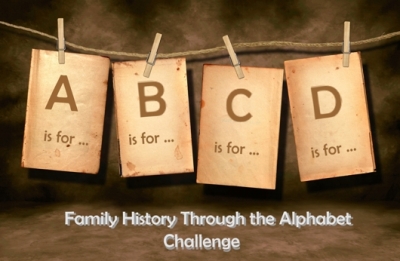 [Written for the weekly Family History Through the Alphabet challenge]
[Written for the weekly Family History Through the Alphabet challenge]

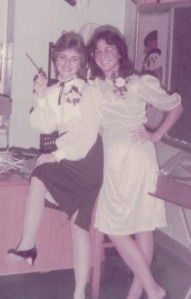
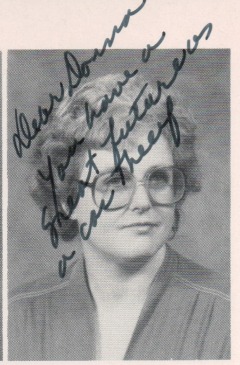
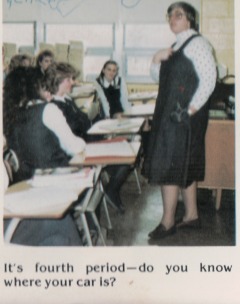
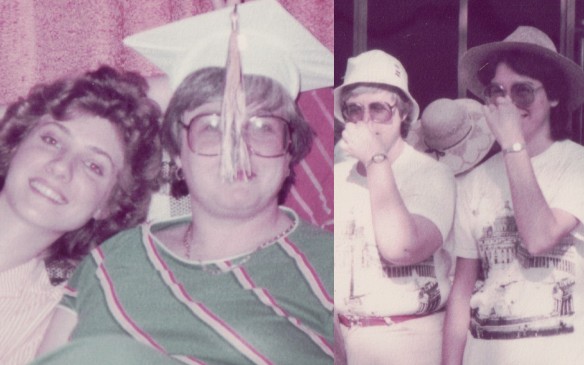
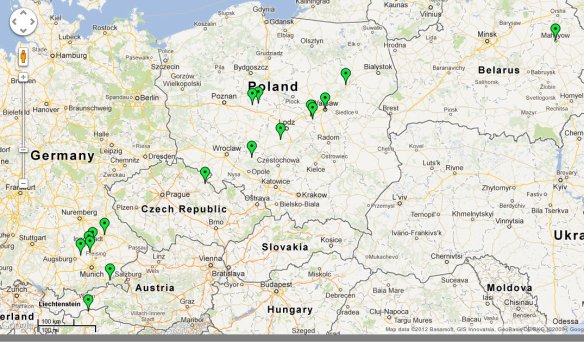
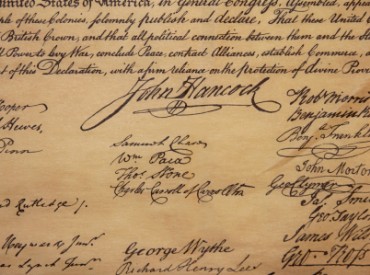 Continuing the
Continuing the 
